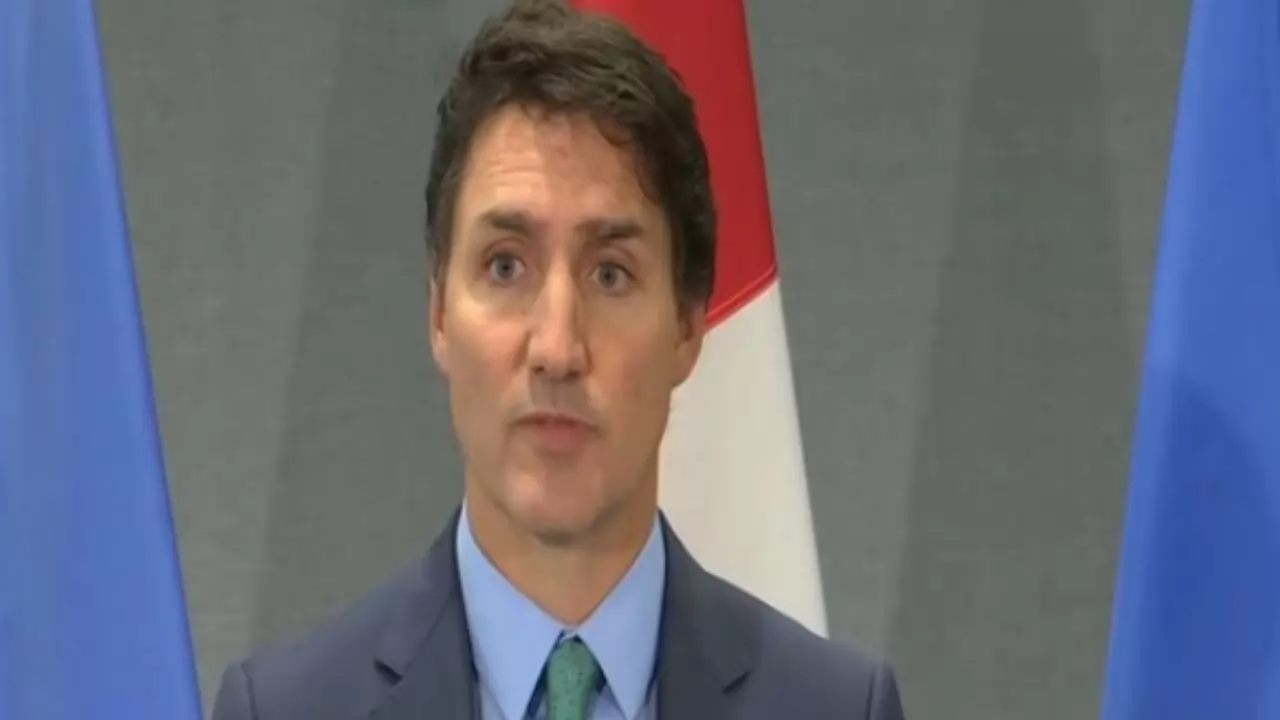
Justin Trudeau (ANI)
India-Canada Row: In a surprising admission during a public inquiry on Wednesday, Canadian Prime Minister Justin Trudeau acknowledged that Canada lacked "hard evidentiary proof" linking Indian government agents to the assassination of Khalistani terrorist Hardeep Singh Nijjar last year. This statement comes amid rising diplomatic tensions between India and Canada, which have been heightened since these allegations surfaced in 2023.
During his testimony, Mr. Trudeau clarified that his earlier claims regarding India's involvement were based on intelligence reports rather than indisputable evidence. He stated, "I was briefed on intelligence from Canada, and possibly from Five Eyes allies, which made it incredibly clear that agents of the Indian government were involved in the killing of a Canadian on Canadian soil."
The Five Eyes intelligence network, composed of Canada, the United States, the United Kingdom, Australia, and New Zealand, provided the information that alarmed the Canadian government and prompted them to take the allegations seriously.
Mr. Trudeau accused Indian diplomats of gathering information on Canadian citizens critical of the Modi government, with the intelligence being funnelled to senior Indian officials and criminal organisations like the Lawrence Bishnoi gang. The gang, notorious for its involvement in organised crime, has been linked to violence against pro-Khalistani activists in Canada.
Hardeep Singh Nijjar, a designated terrorist by India's National Investigation Agency in 2020, was shot outside a Surrey, British Columbia, gurdwara in June 2023. The Royal Canadian Mounted Police (RCMP) alleged that six Indian diplomats were part of a plot to kill Nijjar. The Canadian police also linked the Bishnoi gang to Indian government agents.
Tensions between the two nations escalated further when India expelled six Canadian diplomats following Mr. Trudeau’s allegations and recalled its High Commissioner to Canada. India has consistently denied these claims, accusing Canada of harbouring pro-Khalistani extremists and presenting no solid evidence for its accusations.
In response, Canada's Prime Minister said, "At that point, it was primarily intelligence, not hard evidentiary proof. So we said, let’s work together and investigate further."
Canadian journalist Daniel Bordman described Mr. Trudeau’s admission as a "major win for the Indian narrative." He noted that Canada's initial aggressive stance had softened, particularly after expelling Indian diplomats and publicly accusing the Indian government.
"This is a big win for India... We went pretty hard, kicking out a diplomat and accusing their High Commission. But we never had hard evidence," Bordman remarked.
The central issue in this ongoing diplomatic spat remains unresolved: was Nijjar a Khalistani terrorist or a community activist? Both sides continue to stand firm on their opposing views.





Copyright © 2025 Top Indian News
